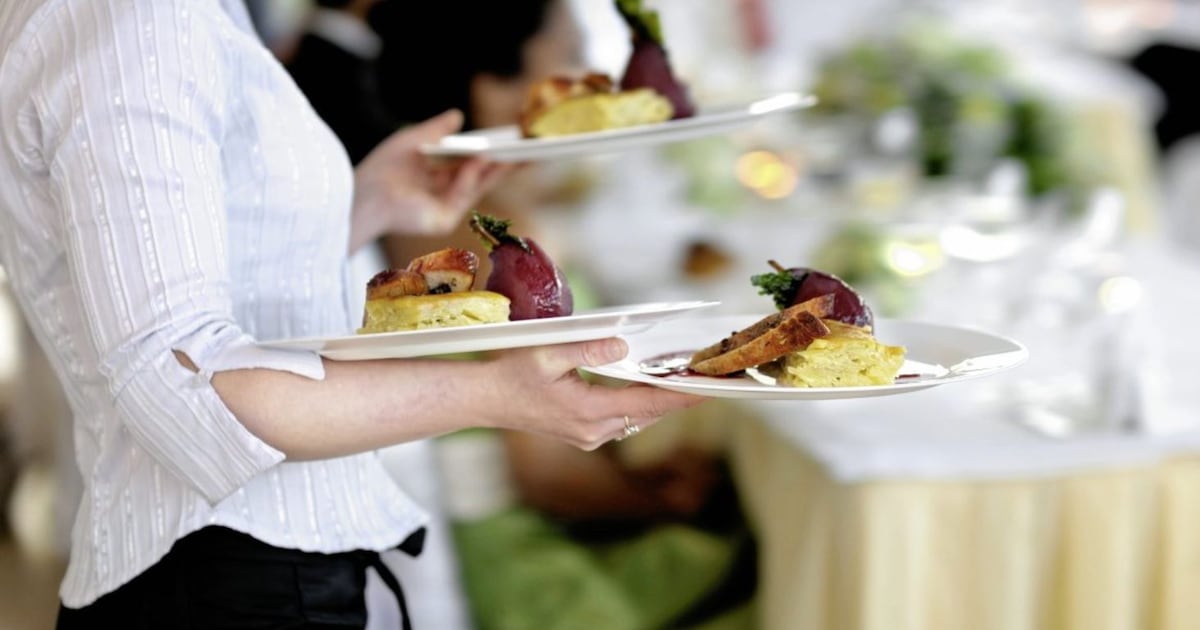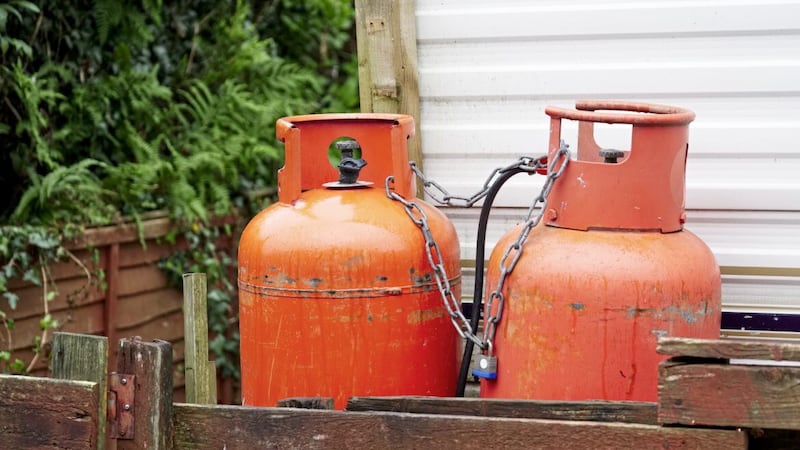As Tourism & Hospitality Week closes out September, it’s worth reflecting on just how central hospitality is to Northern Ireland’s tourism ambitions.
The Executive’s 10-year tourism strategy sets bold targets for visitor growth and spend, such as an annual tourism expenditure from overnight visitors of over £2 billion by 2035. Four out of every five tourism jobs in Northern Ireland are in hospitality.
If we fail to protect the businesses that create and sustain those jobs, the strategy will remain a paper exercise.
The latest labour market figures from Nisra illustrate the challenge that we face.
In the year to July, Northern Ireland’s hospitality sector shed close to 1,000 jobs – a drop of 844 compared with July 2024, and 792 down since October.
That leaves total employment at its lowest since December 2022, when the sector was still clawing its way back from the pandemic.
Over the same 12-month period hospitality has suffered the largest fall in jobs of any local industry and our losses amount to almost 1% of the UK total.
These figures are not abstract. They represent pubs, restaurants, hotels and cafés forced to shorten trading hours, freeze investment and let valued staff go.
Operators continue to grapple with soaring energy and food bills, rising wage costs and an unforgiving tax regime.
Unlike colleagues in England, who still benefit from a 40% rates relief, Northern Ireland businesses receive no such support. Add to that the UK’s VAT rate of 20% and it is little wonder that closures and redundancies are accelerating.
Hospitality has always been more than an economic statistic. It is the gateway to employment for young people, a route back into work for the long-term inactive and a proven driver of social mobility.
For many, it is the first rung on the career ladder. It underpins the visitor experience that the Executive is counting on to deliver its 2035 targets for revenue and overnight stays.
That hospitality is the backbone of the tourism experience here is borne out in the stats: it accounts for two-thirds of the £1.2 billion tourism spend in Northern Ireland.
This is good news for the region’s entire economy because £58 of every £100 spent in hospitality here is retained in the local economy.
 Colin Neill, chief executive of Hospitality Ulster (Brian Lawless/PA)
Colin Neill, chief executive of Hospitality Ulster (Brian Lawless/PA)
If we want the 2035 targets to be more than aspirational, urgent action on cost pressures is essential.
A competitive VAT rate, meaningful rates relief and a genuine partnership between industry and government would stem job losses and allow businesses to invest and grow.
Without that, the nearly 1,000 jobs lost in the past year will be just the beginning, and Northern Ireland’s tourism ambitions will remain out of reach.
- Colin Neill is chief executive of Hospitality Ulster


